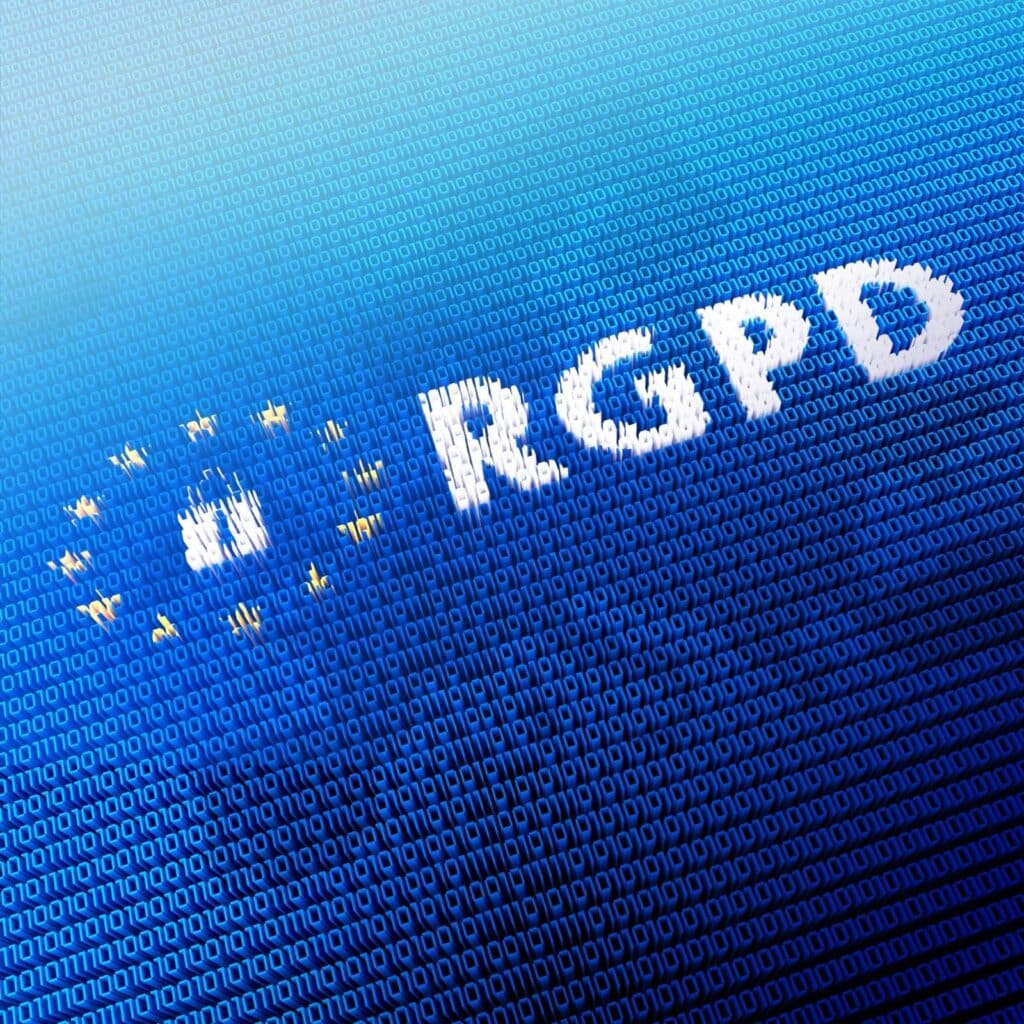General Data Protection Regulation (GDPR) is a set of rules and regulations established by the European Union (EU) to protect the rights and privacy of individuals with regard to their personal data. Here are a few key points to remember:
- Scope of application : The GDPR is applicable to all organizations, whether located inside or outside the EU, that collect, process or use personal data from EU residents, or that offer goods or services to EU residents ;
- Bonds : Organizations must comply with the requirements of the RGPD, which include, among other things, the lawful, fair and transparent collection and processing of personal data, obtaining a explicit consent of individualsThese include the following: limiting the purposes of processing, minimizing the data collected, guaranteeing individuals' rights such as access, rectification and deletion of their data, data security and notification of personal data breaches;
- Sanctions : In the event of non-compliance with the RGPD, organizations may be subject to penalties. financial penalties significant up to 20 million euros or 4% of the company's annual worldwide sales, whichever is higher. It is therefore essential for organizations to comply with RGPD obligations to avoid such penalties;
- Benefits : Complying with the RGPD has benefits for organizations, including boosting consumer confidence in data protection, protecting the company's reputation, avoiding financial penalties, and adopting ethical and responsible data processing practices.
In summary, the GDPR is mandatory for all organizations that collect, process or use personal data from EU residents, and compliance with its requirements is essential to ensure the protection of individuals' rights and privacy, avoid financial penalties and boost consumer confidence.






